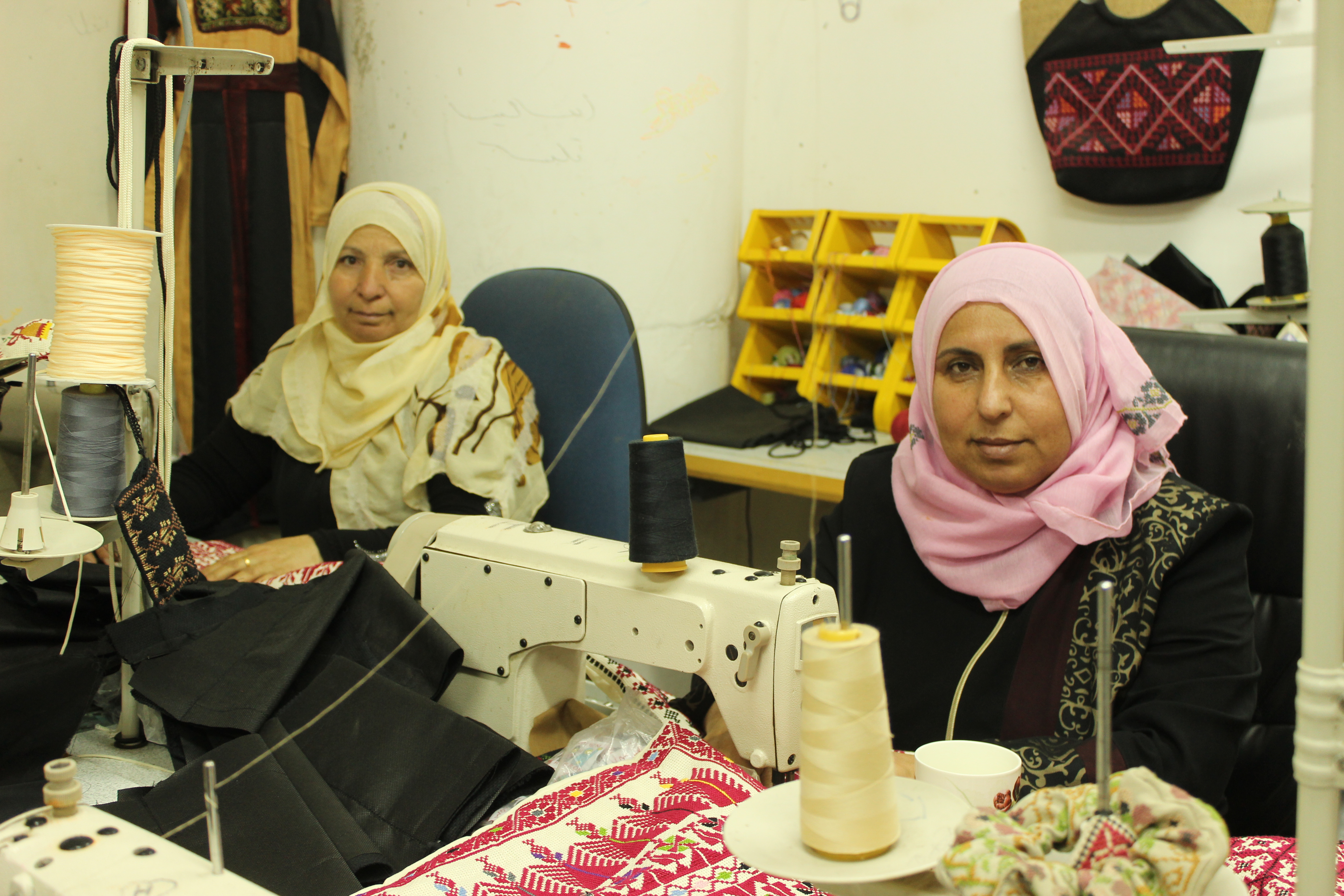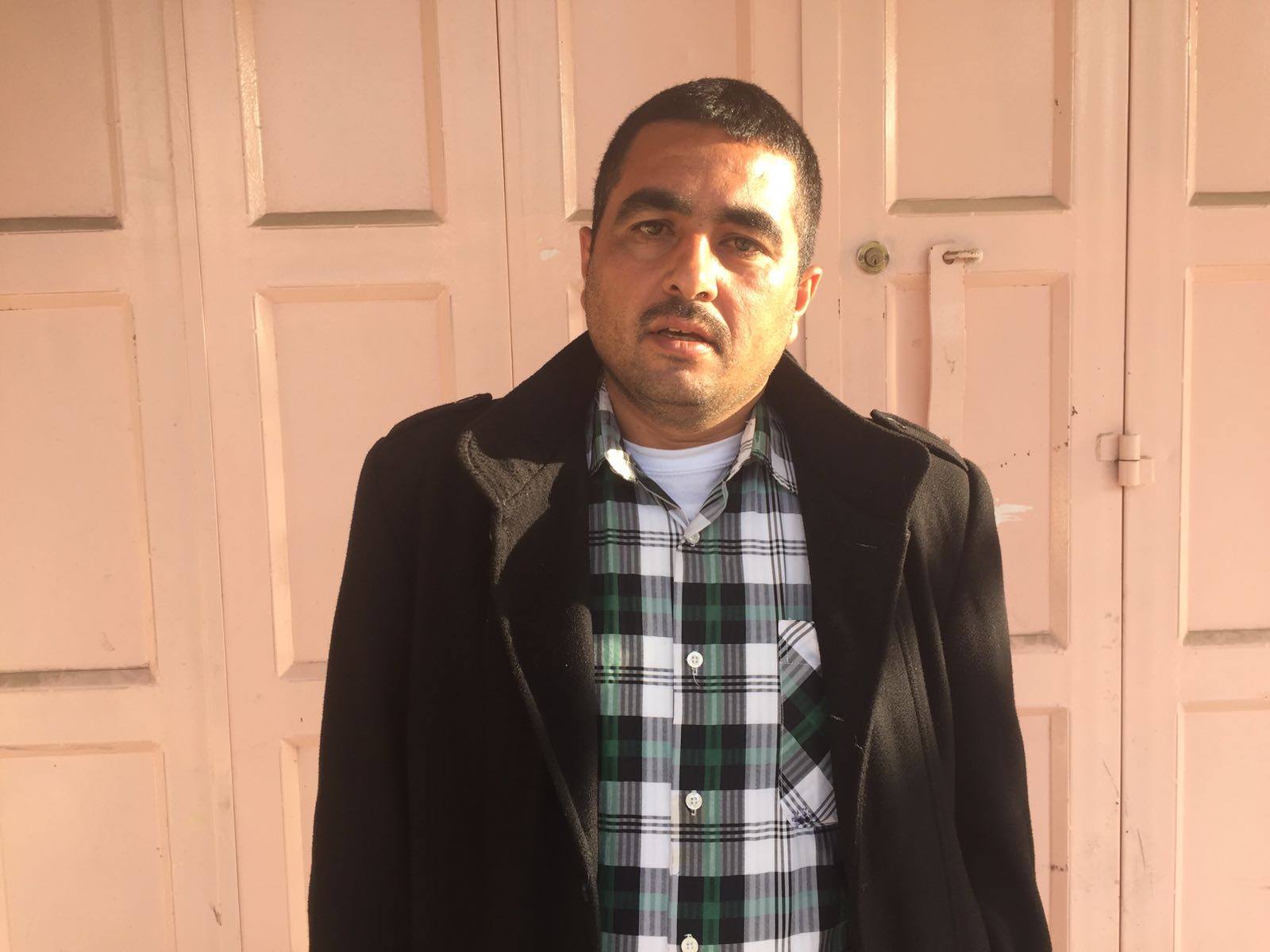Tag: Interview
-
Resistance and empowerment in al-Khalil’s women’s cooperative
ISM met with the founder of al-Khalil’s largest women’s cooperative to discuss business, the occupation and women’s empowerment. Idhna is a small town to the west of al-Khalil, located less than a kilometre from the separation wall that divides Israelis from Palestinians. It is also home to the main workshop of Women in Hebron, a…
-
Beatings, theft, and humiliation: Dismantle the Ghetto activist speaks of his ordeal following arrest at Land Day demonstrations
15th April 2017 | International Solidarity Movement, al-Khalil team | Hebron, occupied Palestine Last week, amidst a slew of arrests by Israeli forces and subsequent court hearings, ISM activists had the opportunity to meet with Badee Dwaik; one of the four men arrested during the Land Day demonstrations in occupied al-Khalil. Badee, a seasoned activist…
-
Palestinian assaulted and work tools confiscated during early morning raid by Israeli forces
9th April 2017 | International Solidarity Movement, Ramallah team | Kafr ad Dik, occupied Palestine At 2am on Wednesday morning, three intelligence vehicles and six military vehicles arrived at the building where Shaha Dharma lives with his family in Kafr ad Dik; Salfit municipality. For over two hours, Israeli forces raided, harassed, and searched the apartments…



